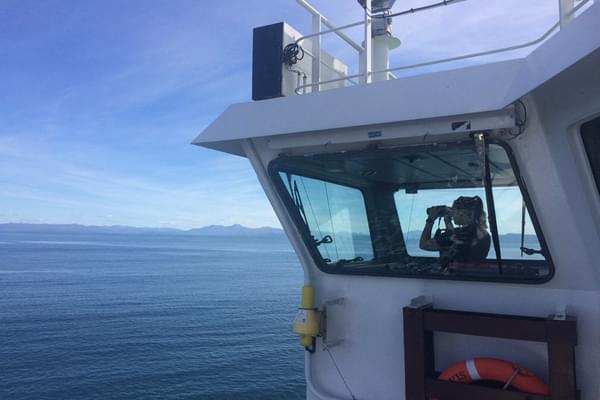The EU’s General Court has firmly rejected an attempt by a German fishing industry group to overturn a ban on bottom trawling in several protected marine areas in the German North Sea. The ruling, delivered on Wednesday, dismissed the challenge by the Verband der Deutschen Kutter- und Küstenfischer (VDK) against restrictions imposed in four Natura 2000 sites: Sylt Outer Reef, Borkum Reef Ground, Dogger Bank, and the Eastern German Bight.
These restrictions, including a comprehensive ban on bottom trawling, were introduced by the European Commission in 2022 following recommendations from Germany and neighbouring North Sea countries. The measures aim to safeguard vital marine habitats such as sandbanks, reefs, and gravel areas, while protecting marine species including harbour porpoises and seabirds that rely on these environments for survival.
The VDK contested the ban on several grounds. Among their arguments, the group claimed that the legal definition of reefs subject to protection was overly vague, the decision lacked sufficient empirical data regarding the state of these habitats, and the buffer zones around protected sites were excessively large. They also alleged that the Commission’s decision was based on theoretical models rather than solid scientific evidence.
However, the General Court dismissed all these claims, affirming that the Commission’s decision was well-founded and scientifically justified. The court found no merit in the argument that the restrictions were based on unsubstantiated hypotheses, and it ruled that the size of the buffer zones was appropriate and necessary to ensure effective protection.
While the VDK has not commented publicly on the ruling, it retains the option to appeal the decision at the European Court of Justice.
Environmental law group ClientEarth praised the ruling as a significant win for marine conservation efforts. John Condon, a lawyer at ClientEarth, emphasized the importance of science-based protections, stating, “Science-backed bans on destructive bottom trawling must be the rule in all protected areas – without exception.” He further highlighted the ruling’s clear message on the strength of conservation laws designed to shield marine protected areas from harmful fishing practices.
Condon also pointed to the forthcoming European Oceans Pact as a vital opportunity for the European Commission to reinforce ocean conservation policies and tackle the fundamental causes of marine biodiversity loss across Europe.

Help us to stop bycatch killing whales and dolphins
Tens of thousands of cetaceans are entangled in fishing gear every year and injured or killed, decimating vulnerable populations and pushing some species towards the brink of extinction. Our monitoring work plays a vital part in helping to identify hotspots where cetaceans are vulnerable to bycatch, so please visit donate to help support this vital work.

